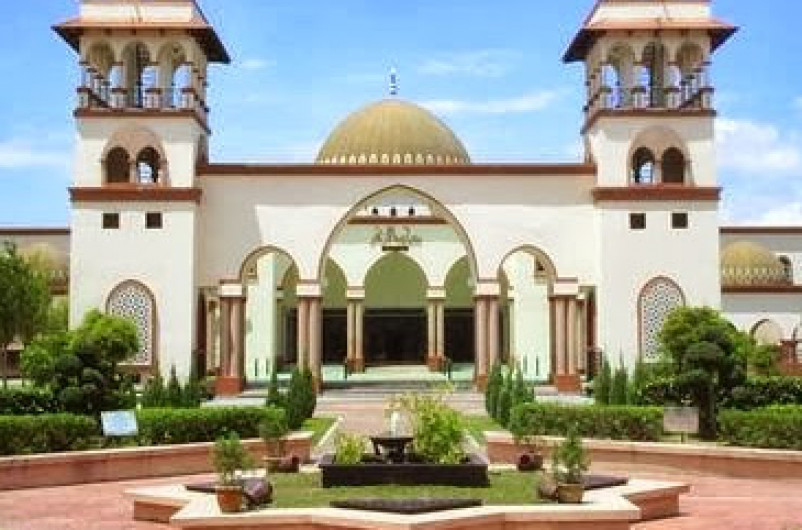What is Islamic Economy?
As with the Economics study program, in the Islamic Economics study program or also known as the Sharia Economy, you will also study microeconomics and macroeconomics and science, how to manage limited resources (natural, human, capital, and time) to fulfill unlimited human needs, and prosperity. However, in this study program, you will study it from an Islamic / Sharia perspective. In this case, all aspects of economic activities such as buying and selling, leasing, debts, savings and loans, and profit sharing, have been regulated in Islamic teachings. You will study economic, financial and business policies in Islam, as well as how to manage Islamic financial institutions.
Why did you choose this programme?
Islamic Economic System or Sharia Economy in Malaysia is experiencing a rising trend. Many emerging Sharia-based financial institutions. Considering that Malaysia is a country where the majority of its population is Muslim. More and more people are aware and are starting to switch to Islamic banking to avoid the usury system and various economic activities that are not in accordance with Islamic law. Therefore the knowledge of Islamic Economics or Sharia Economy is one of the needs of the present.
Subjects in Islamic Economy
- 1Statistics Method
- 2Sharia Economic Philosophy
- 3Basic Principles of Islamic Law
- 4Sharia Accounting
- 5Sharia Macroeconomics
- 6Sharia Microeconomics
- 7Halal Product Management
- 8History of Islamic Economic Thought
- 9Muamalah Fiqh
- 10Ushul Fiqh
- 11Applied Econometrics
- 12Islamic Monetary Economics
- 13Islamic Economic Development
- 14Economic Zakat
- 15Infaq
- 16Shadaqoh and Endowments
- 17Islamic Public Finance Economics
- 18Islamic Financial Institution Risk Management
- 19Islamic Financial Management
- 20Islamic Portfolio and Investment Management
- 21Financial Theory and Sharia Investment
- 22Analysis of Sharia Financial Statements and Budgeting
Suitable Student's Characteristic
- Conscientious
- Critical
- Confer
- Broadminded
- Analyze
- Communication skills
Job Prospect for Islamic Economy
Graduates of Islamic Economics or Islamic Economics can have careers in various financial institutions, both bank financial institutions, and non-bank financial institutions, both sharia and non-sharia based. The graduate of this study program is also prepared to become an economist or economist who has Islamic economics.









